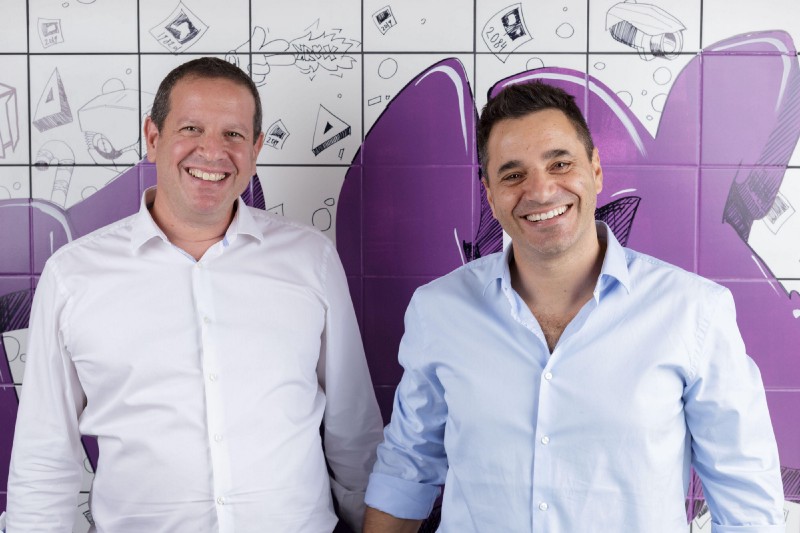The coronavirus pandemic has led to panic shopping, stripping stores of everything from pasta to toilet paper, and retailers are finding it hard to keep up. That’s where Trax, a Singapore-based startup comes in. It uses computer imaging technology and machine learning to track what is out of stock, automatically contact brand manufacturers and, once a new shipment is delivered, orchestrate on-demand retail professionals to show up on behalf of a brand and physically help bring the products from the storeroom and make sure they are displayed correctly on the right shelves.
Due to the pandemic “shelves are not being stocked using the planogram [a diagram that shows how and where specific retail products should be placed on retail shelves or displays in order to increase customer purchases] and unanticipated demand for certain products, such as pasta, toilet paper and health and beauty products, have changed how the retailers can respond,” says Justin Behar, the startup’s chief corporate development officer. “Trax, with its computer vision, analytics and real time labor platform can get the products in store as quickly as possible so that they are at the right place at the right time.”
Trax’s larger mission is to use computer imaging technology and machine learning to digitize and analyze physical stores and empower manufacturers and retailers with the data and services needed to transform shopper’s experiences at scale, says Behar. The company, which has raised $360 million in venture capital and has a valuation of $1.4 billion, has developed proprietary recognition algorithms that convert photos of retail shelves into actionable shelf and store-level insights. The technology is being used in 80 countries to scan more than one billion products per month. Some 1000 images are recognized per minute during peak times.
Using store personnel to identify gaps at the shelf level is a labor-intensive process with a high risk of error, says Behar. By using a combination of its algorithms with cameras and robots, brands and retailers can get updates as often as every 15 minutes to make sure products don’t run out and that they are displayed correctly.
The company, which was launched in 2010 by two Israeli entrepreneurs, began by helping the makers of consumer packaged goods track how their products are being displayed in-store. It has since enlarged its focus to include retailers.
Trax’s focus on retailers was helped by its acquisition in February of Paris-based Qopius, a startup that has developed a computer vision platform that helps retailers measure shelf performance, increase productivity, and reduce the number of times consumers find products out-of-stock. The company’s technology uses advanced retail data integration and analytics to aid managers and staff in streamlining store operations with the goal of achieving higher sales. Qopius’ customers include large European retailers such as Carrefour, Casino, Metro, and MediaMarktSaturn Retail Group.
Trax has made four other acquisitions in the past nine months, including Shopkick, a U.S. shopping awards app for smartphones and tablets that offers users rewards for shopping activitie such as walking into stores, scanning items, making in-app or in-store purchases and submitting receipts. “The vision is around how shoppers engage with products in stores,” Behar says. The acquisition in March of Boston-based Survey.com provides Trax with a real-time labor platform. Survey’s technology platform leverages a 600,000 plus member on-demand workforce. Local mobile device-enabled teams don’t just cart products from the storeroom to the right shelves: they collect shelf-level data that is then run through a Quality Assurance Protocol of both computer and human checks. Historical and real-time data is then combined to give customers retail analytics and recommended growth strategies.
Other recent acquisitions include China-based retail artificial intelligence and Big Data company LenzTech in June of last year and London-based image recognition services provider Planorama in July 2019.
You can access more of The Innovator’s Startup Of The Week articles here.







